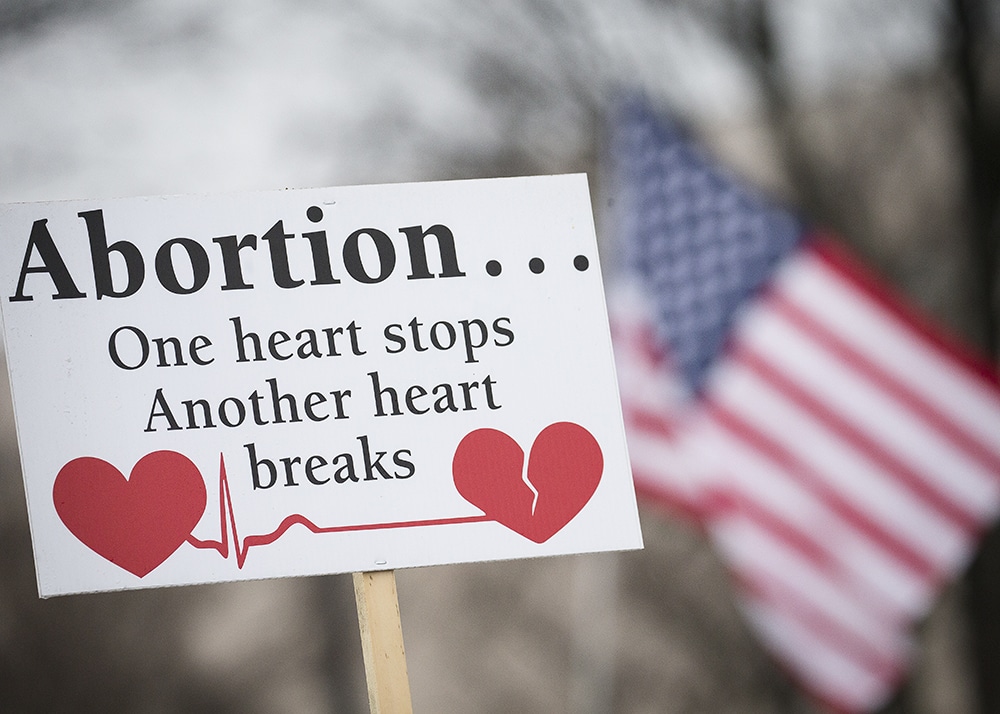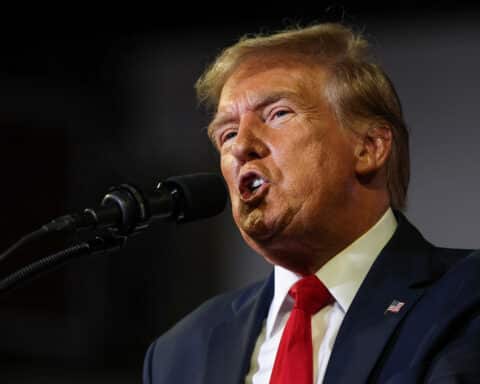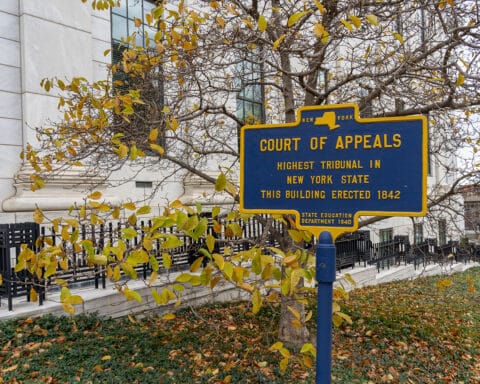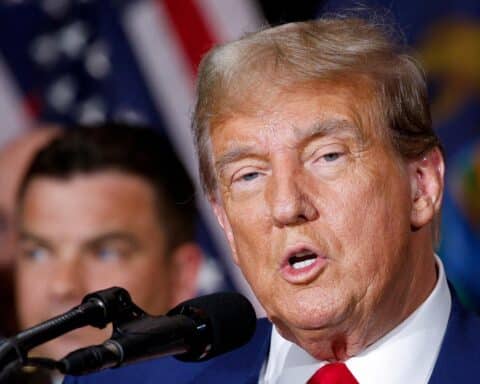
With the confirmation hearings of Judge Amy Coney Barrett underway in the Senate, many commentators say that she will become a member of the Supreme Court, and soon. If, and when, her presence on the bench will add to the count of justices unfriendly, or presumed to be unfriendly, to the 1973 ruling Roe v. Wade that permitted abortion on demand in the first place.
Given the way the court functions, some interest, somewhere in the country, will have to challenge a law or provision permitting abortion. In response, the court may or may not decide “narrowly.” For example, for purposes of conversation, a law in some state requires that any person performing an abortion must be a physician certified as an obstetrician.
The court theoretically might narrowly rule that board certification in obstetrics is unnecessary.
Or, again theoretically, it could declare that the unborn is in all respects a person, with all the rights pertaining, obviously beginning with the right to life. It could happen. In 1954, in a decision that ultimately revolutionized American culture by outlawing segregation in public schools based on race, the court reversed its basic thinking, laid down 60 years past.
Unless this blanket definition of human life comes, some legal observers believe that the Supreme Court will cancel Roe, which will simply turn the clock back, leaving the question of abortion on demand to the sole attention of the states, meaning that each of the 50 states, through its own lawmaking processes, politically driven — therefore driven by popular opinion — will handle abortion.
Some states already are prepared for this possibility. Several state legislatures have adopted positions, assuming federal restrictions are ended, to protect unborn life.
The bad news is that several other states have passed measures to allow, and likely to enable, abortion on demand, if Roe v. Wade falls in the U.S. Supreme Court. Still other states will have to formulate their policies. It will be a political issue.
Americans who cherish life, and specifically the lives of unborn children, will have their work cut out for them in these states where abortion still will be legal. They will have to convince enough of their fellow citizens to join them in demanding that legislatures protect unborn human life.
Convincing popular opinion is not a task impossible to achieve. Allowing women to vote, its centennial celebrated this year, is an example. Women drove home the point that they had rights, and that they were as intelligent as men. Regarding abortion, the focus must be laid upon the central, basic and critical reality that it destroys an innocent human life violently, and the bearer of that life has no voice to raise in its own behalf.
For too long, distractions have diverted thinking away from this fundamental fact. Almost from the day that Roe v. Wade was decided, advocates of abortion have promoted the phrase “a woman’s right to choose” without looking at its full implications — namely, the destruction of an innocent human being.
Opposing abortion, it is charged, urges denial of rights and restricting women.
Several prominent Christian denominations now formally teach that abortion is acceptable if the unborn may experience a future existence without “quality of life.”
Still heard, but less forcefully in this day and time of advancements in medicine, is that abortion offers the only way “to protect the life of the mother.” Still heard, with an appeal for many, is that abortion is right and proper if the pregnancy results from a crime.
Popular opinion is urgent. Society must turn against abortion, realizing what it is. Pro-life Americans have a job and a duty before them.
Msgr. Owen F. Campion is OSV’s chaplain.





